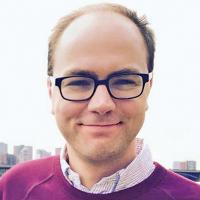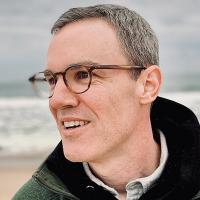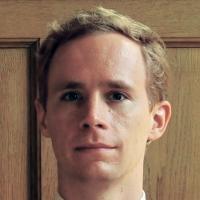This project seeks to model the stability of organismal agency in the face of recurrent intraorganismal conflicts from agents at lower levels of organization (e.g., selfish genetic elements or cancer cells) and offer the first quantitative approach to measuring its evolutionary stability. In particular, this project models agency at multiple levels simultaneously by extending insights from inclusive fitness theory to show that organismal parts need not exhibit unity-of-purpose or joint orientation toward a common goal for relevant forms of organismal agency to evolve. A key output of this work will be new formal models of multi-agent systems based on a reimagining of the concept of organismality.

Arvid Ågren
Modeling Agency Formally
The paradox of the organism
Subaward Principal Investigator
Uppsala University
J. Arvid Ågren is an evolutionary biologist, currently a Wenner-Gren Fellow at the Evolutionary Biology Centre at Uppsala University. His research focuses on genomic conflicts and he has published widely on their biology and implications for evolutionary theory. He also works on foundations of selfish gene theory and is the author of The Gene’s-Eye View of Evolution (Oxford University Press 2021). He holds degrees from the universities of Edinburgh and Toronto, and prior to joining Uppsala he was a postdoc at Cornell and Harvard.

Manus Patten
Modeling Agency Formally
The paradox of the organism
Subaward Principal Investigator
Georgetown University
Manus Patten is a teaching professor in the Department of Biology at Georgetown University. He takes a theoretical approach to studying evolutionary genetics and is especially interested in conflict, cooperation, and the levels of selection.

Martijn Schenkel
Modeling Agency Formally
The paradox of the organism
Georgetown University
Martijn Schenkel is an evolutionary biologist who is interested in how conflict between different entities drives evolutionary change, and how evolution is affected by the fundamental properties of biological systems such as its mechanisms of inheritance and reproduction. His work uses theoretical approaches, supplemented with empirical work, to investigate the evolutionary dynamics of different genetic systems. He completed his PhD on the evolutionary dynamics and genetics of sex determination transitions at the University of Groningen, the Netherlands.
